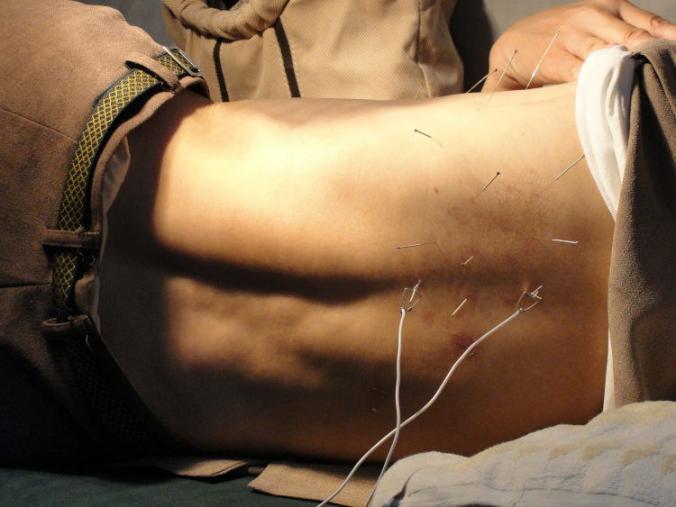Today we’re going to talk about L&I penalizing self-insured employers such as King County Metro. There is more to the Department of Labor and Industries (L&I) than administering workers’ compensation cases. It is a very big administration charged with many other tasks including workplace safety issues. After all, safe workplaces are a first step towards reducing the number of industrial injuries that occur.
In today’s local news we learned that L&I has fined King County Metro $20,100 for safety violations involving employees working around high voltage. This isn’t the first time that King County Metro has been cited for safety violations by L&I. Approximately 2 years ago KIRO 7 news investigated incidents of Metro employees getting shocked while working on busses. Two years after a KIRO 7 investigation into employees getting shocked while working on buses in 2016, Metro was fined $10,800 for not implementing training programs for high voltage work and failing to periodically review and evaluate improper energy control procedures. Metro has also been fined for issues associated with bathrooms for bus drivers and assaults of Metro employees while working.
King County Metro is a self-insured employer. That means for injured Metro employees, Metro (or their third-party administrator insurance) handles claim paperwork and pays for the claim. According to WAC 296-15-310 Every employer certified to self-insure is obligated to comply with the provisions of the Industrial Insurance Act and the rules and regulations of L&I, and to have the necessary administrative processes in place to manage its self-insurance program. Each self-insurer is ultimately responsible for the sure and certain delivery of Industrial Insurance Act benefits to its injured workers and is accountable for all aspects of its workers’ compensation program. For an employer to be certified to be self-insured, the employer must meet the requirements set forth in WAC 296-15-001.
If an injured worker whose claim is being administered by a self-insured employer believes that the self-insured employer has unreasonably delayed benefits, the worker can ask L&I to penalize the self-insured employer according to WAC 296-15-266. If the self-insured employer’s actions are even more egregious than mere delay of benefits, under RCW 51.14.090 the Department may withdraw the self-insured employer’s certification. WAC 296-15-255 sets forth the hearing process for corrective action or withdrawal of a self-insured employer’s certification.


